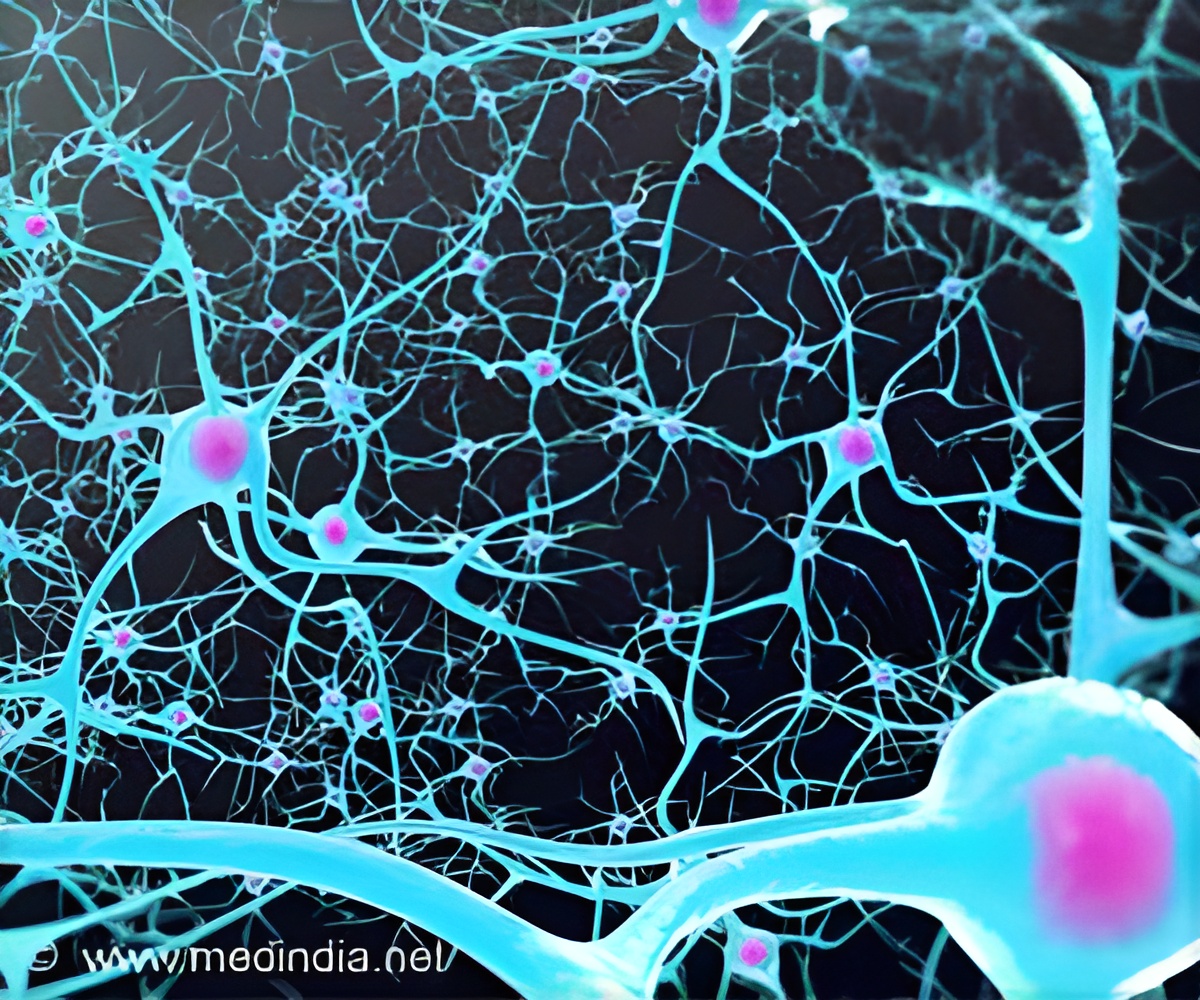New research opens up the possibility to not only treat Alzheimer’s disease but also to potentially vaccinate against the disease before symptoms appear.

‘Both the antibody-based treatment and the protein-based vaccine reduced Alzheimer’s symptoms in mouse models of the disease.’





Rather than focus on the amyloid-beta protein in plaques in the brain, which are commonly associated with Alzheimer’s disease, the antibody and vaccine both target a different soluble – form of the protein, that is thought to be highly toxic.Amyloid beta-protein naturally exists as highly flexible, string-like molecules in solution, which can join together to form fibers and plaques.
In Alzheimer’s disease, a high proportion of these string-like molecules become shortened or ‘truncated’, and some scientists think that these forms are key to the development and progression of the disease.
Professor Thomas Bayer, from the University Medical Center Göttingen, said: “In clinical trials, none of the potential treatments which dissolve amyloid plaques in the brain have shown much success in terms of reducing Alzheimer’s symptoms. Some have even shown negative side effects. So, we decided on a different approach. We identified an antibody in mice that would neutralize the truncated forms of soluble amyloid-beta, but would not bind either to normal forms of the protein or to the plaques”.
Researchers adapted this antibody so a human immune system wouldn’t recognize it as foreign and would accept it.
Advertisement
This structure had never been seen before in amyloid-beta. However, discovering such a definite structure allowed the team to engineer this region of the protein to stabilize the hairpin shape and bind to the antibody in the same way.
Advertisement
When the team tested the engineered amyloid-beta protein in mice, they found that mice who received this vaccine did produce TAP01 type antibodies.
Based on similar imaging techniques to those used to diagnose Alzheimer’s in humans, they found that both the antibody and the vaccine helped to restore neuron function, increase glucose metabolism in the brain, restore memory loss and reduce amyloid-beta plaque formation.
The TAP01_04 humanized antibody and the TAPAS vaccine are very different from previous antibodies or vaccines for Alzheimer’s disease that has been tested in clinical trials because they target a different form of the protein.
This makes them promising as a potential treatment for the disease either as a therapeutic antibody or a vaccine. The results so far are very exciting and testament to the scientific expertise of the team. If the treatment does prove successful, it could transform the lives of many patients.
The researchers are now looking to find a commercial partner to take the therapeutic antibody and the vaccine through clinical trials.
Source-Medindia











